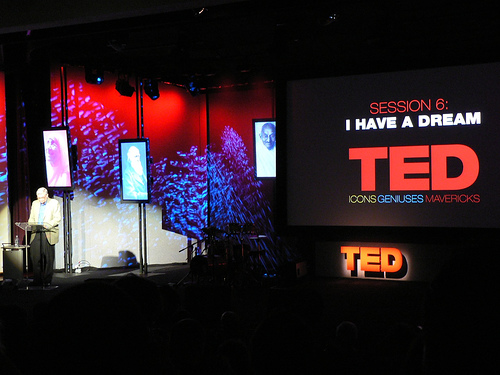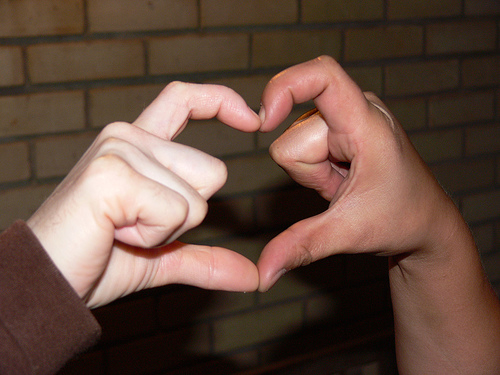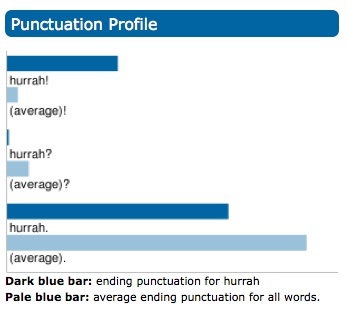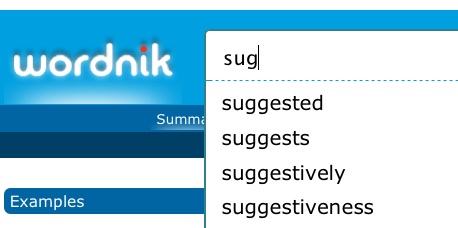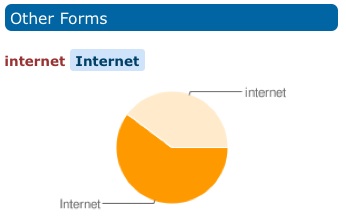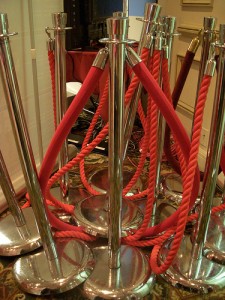Photo by, and licensed from, advencap.
As you might already know, we here at Wordnik are huge fans of the TED conference (and probably wouldn’t be doing Wordnik without TED)! So when we had a chance to add the TED talk transcripts to the Wordnik corpus of language use (our giant collection of the English language that we mine for example sentences and cool stats), we jumped at it — and we weren’t disappointed, because we found some fantastic words (and examples) in them.
For instance, here’s a great example from E.O. Wilson’s Ted Prize talk about saving life on Earth:
“The viruses, those quasi-organisms among which are the prophasias — the gene weavers that promote the continued evolution in the lives of the bacteria — are a virtually unknown frontier of modern biology, a world unto themselves.”
“And what you’re looking at with this namibiensis is the biggest bacteria we’ve ever seen.”
(from Juan Enriquez on genomics and our future)
“You can think of this as the language of thought, or Mentalese.”
(from Steven Pinker on language and thought)
Another great thing about the language of the TED talks is that it’s spoken language — formal spoken language written down, but still spoken. Which means we get proof for great words like web-ness:
“So every item, every artifact that we make, will have embedded in it some little sliver of web-ness and connection, and it will be part of this machine, so that our environment — kind of in that ubiquitous-computing sense — our environment becomes the web.”
(from Kevin Kelly on the next 5,000 days of the web)
These sentences show what Wordnik believes — that great sentences from great communicators help illuminate words better than any dictionary definition ever could.
(And yes, one of my sentences made it in, too, and I’m happy to be in such good company.)
